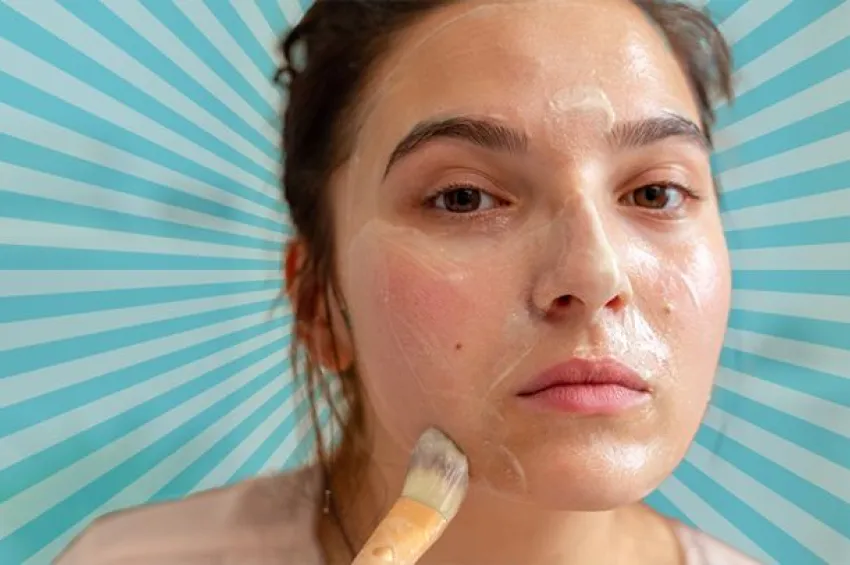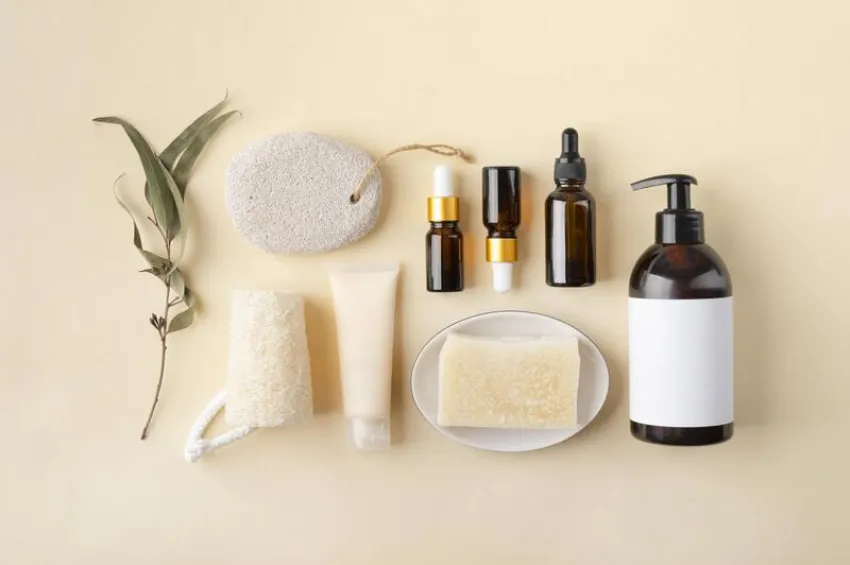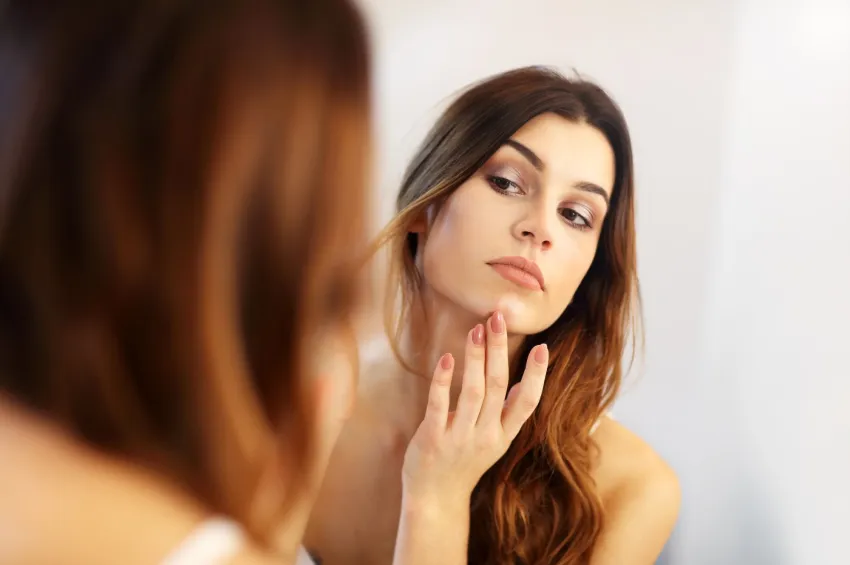
Acne is a common skin problem that occurs as a result of clogged skin pores. It usually occurs on the face, back and chest, but in some cases it can also be seen on other parts of the body. Acne, which begins during puberty, can be related to hormonal changes, as well as genetic factors, nutrition and environmental factors. Although acne treatment is usually done under the supervision of a dermatologist , there are many effective methods and natural treatment options that can be applied at home. In this article, we will provide a detailed guide on how to care for acne at home.
Why Does Acne Occur?
The main reason for acne formation is the increase in the amount of sebum (oil) produced by the skin, which causes the pores to become clogged. Clogged pores create a suitable environment for bacteria to multiply. This leads to skin problems such as acne, blackheads and inflammatory acne. The main factors that cause acne are:
1. Hormonal Imbalances: Fluctuations in hormone levels during puberty, menstruation , pregnancy and menopause can cause acne.
2. Stress: High stress levels increase oil production in the skin, paving the way for acne. 3. Genetic Factors: People with a family history of acne are more likely to develop acne. 4. Skin Care Products: Cosmetic products that are not suitable for your skin type can clog pores and trigger acne. 5. Nutrition: Excessive consumption of oily and sugary foods can promote acne.
Basic Principles for Acne Care at Home
Taking care of acne at home requires a regular and careful skin care routine. If you have acne-prone skin, you can keep your skin clear, healthy and balanced by following these steps:
1. Skin Cleansing
The most important step in acne care is to cleanse your skin regularly. However, excessive cleansing can disrupt the skin's natural oil balance and worsen the condition. Washing your skin twice a day, morning and evening, with a gentle cleanser is sufficient. Water-based and oil-free cleansers should be preferred. Also, use lukewarm water instead of hot water to avoid irritating your skin.
2. Humidification
Even oily skin needs moisture. Just because your skin is oily doesn’t mean it doesn’t need moisturizer. Otherwise, your skin can become dry and produce more oil, which can increase acne. Moisturizers that are water-based, lightweight, and non-comedogenic are the best options for acne-prone skin.
3. Exfoliation
The accumulation of dead cells on the upper layer of the skin can lead to clogged pores and acne. Gently exfoliating once or twice a week can help to remove dead cells and give your skin a healthier appearance. Chemical peels contain ingredients such as salicylic acid and glycolic acid, which can help prevent acne. However, excessive exfoliation should be avoided, as this can irritate your skin.
4. Sun Protection
Sun exposure can dry out your skin and cause it to produce more oil, which can increase acne. Using sunscreen can help protect your skin from acne and prevent acne scars from darkening. Oil-free, non-comedogenic sunscreens are the best choice for acne-prone skin.
Natural Acne Treatment Methods at Home
Many household ingredients can help treat acne. Natural methods are usually gentler than chemical-based products, reducing the likelihood of skin irritation. Here are some natural treatments you can try at home:
1. Tea Tree Oil
Tea tree oil can kill acne-causing bacteria thanks to its antibacterial and anti- inflammatory properties. A few drops of tea tree oil can be mixed with a carrier oil (such as coconut oil) and applied directly to the acne area. However, avoid applying this oil directly to the skin and use it diluted.
2. Honey and Cinnamon Mask
Honey is known to be a natural antibacterial and moisturizer. Cinnamon has antioxidant and anti- inflammatory properties. A mask made by mixing the two can help reduce inflammation in the skin and help heal acne. You can apply this mixture to your skin a few times a week.
3. Aloe Vera
Aloe vera is a natural moisturizer that soothes the skin and reduces inflammation. Pure aloe vera gel can be applied directly to acne areas to reduce redness and swelling. It can also lighten the appearance of acne scars by promoting skin regeneration.
4. Green Tea
Green tea is rich in antioxidants and can help reduce inflammation in the skin. You can benefit from the benefits by applying cooled green tea to your skin with a cotton ball or by drinking green tea.
5. Apple Cider Vinegar
Apple cider vinegar, with its acidic structure, can regulate the pH balance of the skin and eliminate bacteria. One part apple cider vinegar can be mixed with three parts water and used as a toner. However, it should be used carefully and diluted with water so as not to irritate the skin.
Points to Consider
There are some points to consider when doing acne care at home. First of all, since all skin types are different, the methods used may not give the same results for every individual. Therefore, it is important to test a small area of the skin before trying a new product or natural method. In addition, people with severe acne problems should definitely consult a dermatologist . Acne treatment can take time, so be patient and follow a regular care routine.
Acne is a common skin problem that can occur at different times in life. Acne problems can be greatly alleviated with regular skin cleansing, proper moisturizing and natural treatment methods at home. However, since each individual's skin type is different, it is important to adapt treatment methods to the individual and seek professional help when necessary. Being patient and following the right care routine for healthy skin will yield effective results in dealing with acne.













